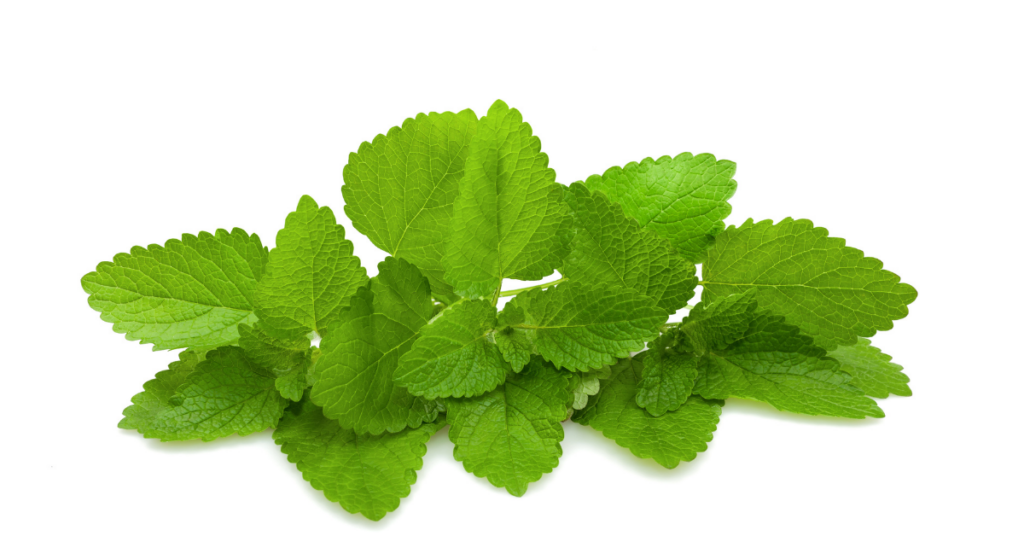Lemon Balm (Melissa officinalis)
Lemon Balm is believed to attract more bees than any other plant, and thus takes its genus ‘Melissa’ from the Greek word for honey bee. Indigenous to Europe, central Asia, and Iran, according to Greek and Roman sources, lemon balm has been used for more than 2,000 years, and was introduced Europe in the 7th century. It is now domesticated all over the world.
The name officinalis denotes that it had been used medicinally for many years. In a Swiss manuscript, it is written that this herb “chasse les idees noirs”, meaning it chases away black thoughts.
Other names: Balm mint, bee balm, dropsy plant, garden balm, Melissa balm, sweet balm.
Description and the places it grows in
Perennial, cultivated in Southern Europe.
Parts used
Aerial parts and dried flowers.
Uses
Diaphoretic, calmative, antispasmodic, carminative, emmenagogue, stomachic.
Cold and flu (other viral disorders): Lemon balm induces perspiration if drunk as a tea, and its antiviral properties make it a good herb to use in the treatment of colds and flu, and also in the treatment of mumps and cold sores.
Digestive problems: If the digestive problems are due to anxiety and stress, then this herb is great to use because of its sedative qualities. The eugenol in the herb makes it antispasmodic. Lemon balm works very well with children.
Eczema: Used in a massage blend the essential oil works as an antihistamine, therefore easing this condition.
Other uses: Lemon balm has been used to lower high blood pressure, and it is used in teas, beers, cheese, and medieval cordials to lift the spirits.
Constituents
Volatile oils comprising of citonellal, citral, geraniol, eugenol, acetate, polyphenols, tannin, flavonoids, triterpenoids, rosmarinic acid.
Contraindications
None known.


